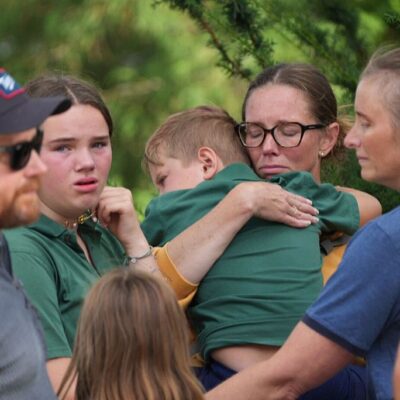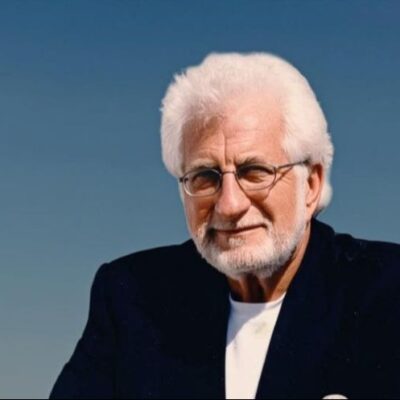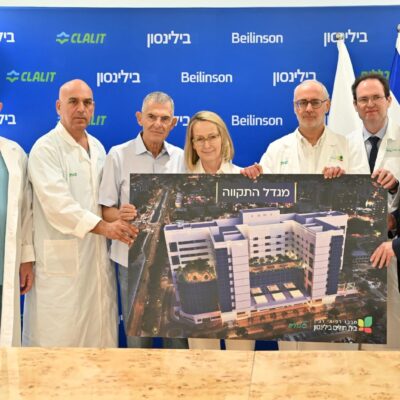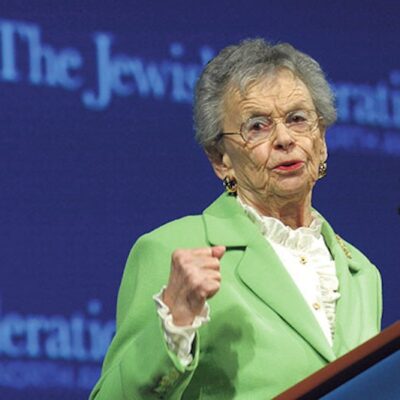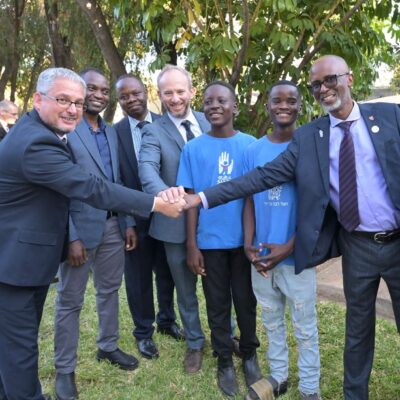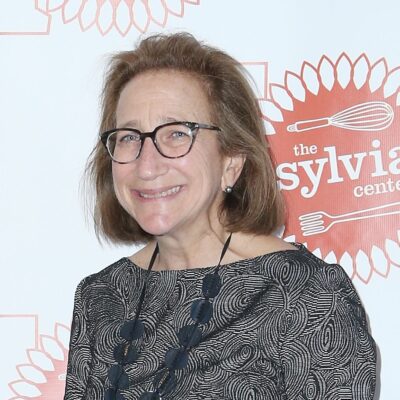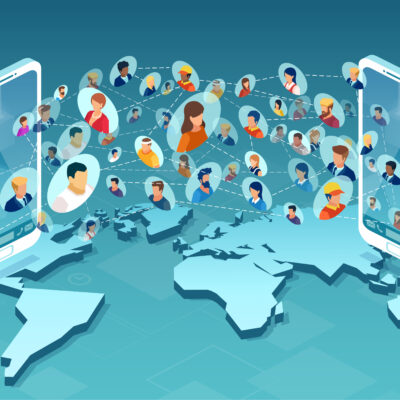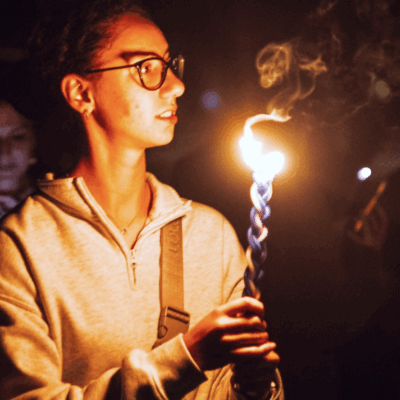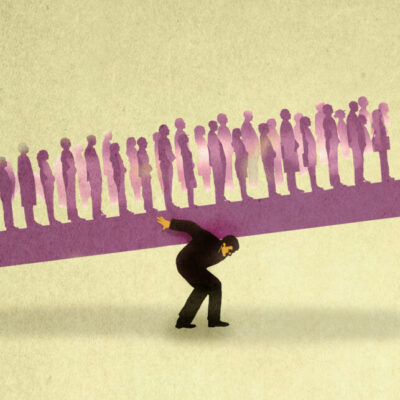Opinion
My Journey With Amitei Bronfman
At Bronfman I encountered colors. So many different shades of people, outlooks, opinions, mindsets and lifestyles. And I learned to respect and to love, not as a hollow value, but rather from a place of direct encounters and penetrating curiosity. And I took the lessons that I learned with me wherever I went.
by Limor Alon
From the moment I filled out the Amitei Bronfman application forms, I knew that I was beginning something different. Besides the usual personal details, there were open questions where I was asked to write about things I had never even thought to ask myself until then. I was asked about a significant moment in my life. What it means for me to be Jewish. What I thought about Israeli society. What work of art had had the most impact on me. What interests me. Some unknown individual would read this form, I thought, and would want to know who I am, who I once was, and who I am going to be.
That experience stayed with me from then on – throughout the year of the program, and many years after that in my adult life. Someone had shown interest in my personality, in my being, in my culture and the identity that I was forming when I was only 16 years old. And someone had placed me in a room, alongside other teenagers my age, and had asked us all together. It was the opportunity that eludes us when we oblige our youths to memorize sizeable amounts of information and formulae. Taking a meaningful and honest look at myself and at others was exactly what I and the others needed in order to grow.
At Bronfman I encountered colors. So many different shades of people, outlooks, opinions, mindsets and lifestyles. And I learned to respect and to love, not as a hollow value, but rather from a place of direct encounters and penetrating curiosity. And I took the lessons that I learned with me wherever I went.
Amitei Bronfman influenced me no matter what I did after that. It influenced me when I went to spend a voluntary service year along with my fellow Amitim (fellows). It influenced the discussion groups I led as a youth movement branch coordinator. It influenced the way I did my job in the army. It influenced my choices of academic studies, my profession, and even my family life, my relationships and the home I dreamed of making. But more than anything else, there were many questions that began to bother me after the program. Not only about the Jewish world, and not only about Israeli society. Most of the questions that bothered me had to do with the experience that I had enjoyed: Where are we going wrong in education? Why is Bronfman an experience that not everyone gets to enjoy?
After the army, when I was an undergraduate student at Ben-Gurion University in Beersheba, a simple idea occurred to me: to convert everything that works so well at Bronfman into a format that can expand and reach more people. Thus “Adva” – A Community for Social Leadership – was born. The goal was to form local groups of outstanding teenagers across the country and to bring them together for several meetings, which would constitute a profound and extensive journey to discover and examine their identities, values, goals and their attitude towards society and the environment. The process would include all of the principles that work so well for Amitei Bronfman, but in this case it would be local, community-backed, and operated on a shoestring budget. It would also be best to start outside of the center of the country (in the “periphery”). It would be a model program that could be scaled for other communities.
Thanks to the mentoring of Matan Barak (then the director of Amitei Bronfman), the amazing partnerships formed with the municipality and with Ben-Gurion University, and specially thanks to Bronfman’s Alumni Venture Fund (AVF) – which granted us our initial budget as well as spiritual and educational support – this vision has been realized and expanded over the years. To date we have opened three “Adva” groups in Beersheba (which has now become home to a three-year program instead of the usual one). We have even hosted alumni reunion meetings.
And, much to my own delight, we have also succeeded in expanding – both geographically and conceptually: Last year we opened two more Adva programs, in Netanya and in Holon. This time we also realized our dream within schools, as I had always hoped; because Adva, with all the unique qualities I received at Bronfman and utilized thereafter, is the essence of the ideas I believe should be part of the educational standard.
Today, with a hundred alumni from the program, and 40 new participants this year, I am prouder of Adva than I am of anything else I have done. Thanks to the vision, the experience, the staff, and a great deal of growth throughout, Adva, more than anything else, feels like the fruits of a deeply personal process. Adva members have created four social initiative programs of their own, and continue to host study evenings. They continue to grow and become a part of preparatory academies, voluntary service programs and significant service in the IDF (and the rest we have yet to find out); But more than all, they continue to dream big.
What began as an adva (wavelet in Hebrew) from my experience of Amitei Bronfman, a sincere and inspirational gesture of appreciation for the opportunity I received, has taken on a life of its own and is creating its own wavelets in society.
Limor Alon participated in Amitei Bronfman in 2004. Originally from Jerusalem, today she lives in Tel Aviv where she is studying towards her MA in Clinical Psychology. Limor is the Alumni Coordinator for Amitei Bronfman and continues to oversee Adva.
——————–
Amitei Bronfman is the Bronfman Fellowships’ program for Israelis. Launched in 1998, the Amitim program consists of a year-long series of educational seminars for a diverse group of 20 Israeli high school juniors, including an all-expense-paid trip to North America. The selected fellows, from varied religious, social, and ideological backgrounds, are brought together for eight seminars to interact and engage. Discussion topics range from identity and communal relationships with Judaism and Jewish culture, to social and secular relationships.
The goal of these seminars is to explore and strengthen the ties between groups of differing beliefs by fostering lasting and deep friendships between individuals. More broadly, the program aims to develop thoughtful young leaders with a sense of social and communal responsibility.
Amitei Bronfman is generously supported by The Samuel Bronfman Foundation.

